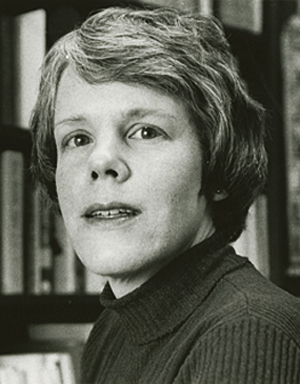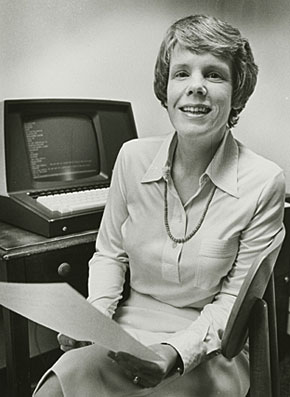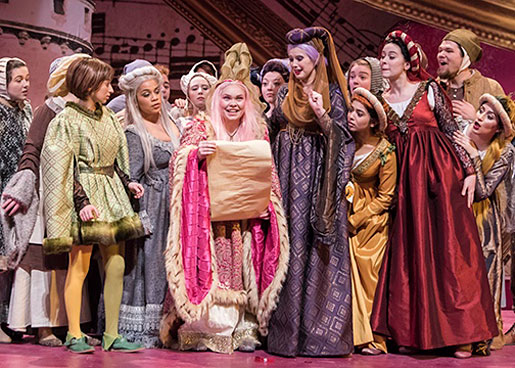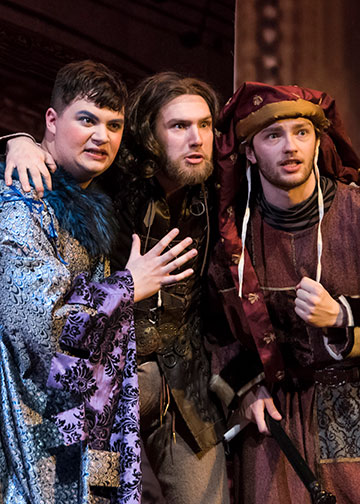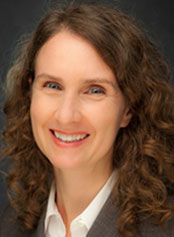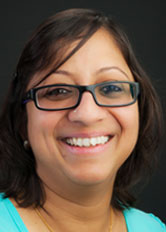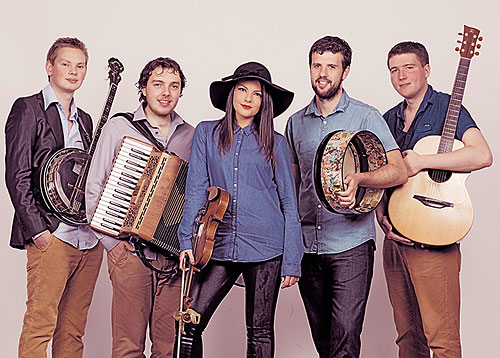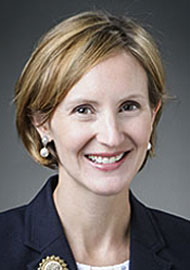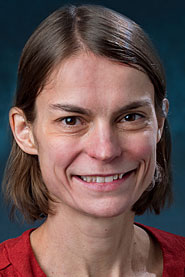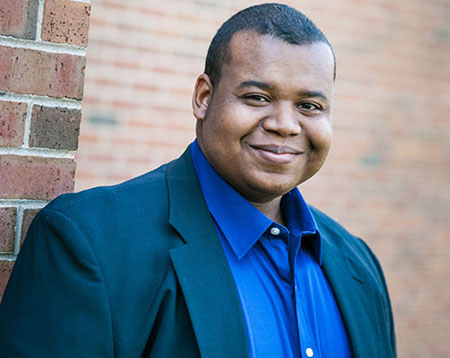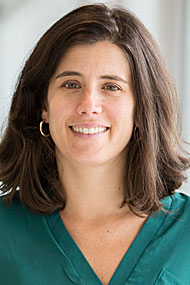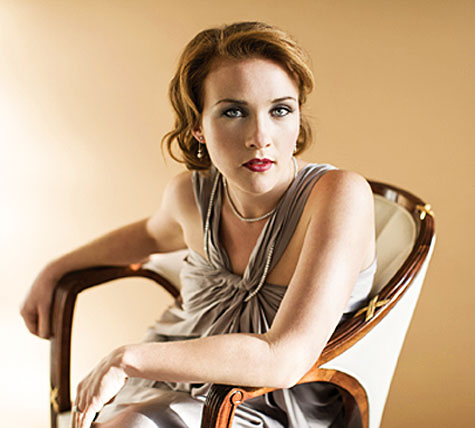Emerging technology for conducting brain scans with potential for a variety of applications will be discussed in a Lawrence University Science Hall Colloquium.
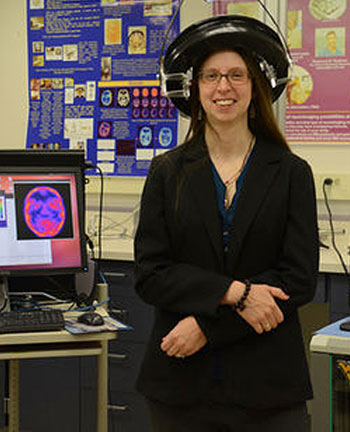
Julie Brefczynski-Lewis, assistant professor of neuroscience at West Virginia University’s Rockefeller Neuroscience Institute, presents “Walking with a Brain Scanner: A Novel Wearable PET Scanner,” Monday, March 5 at 4:30 p.m. in Thomas Steitz Hall of Science 102. The event is free and open to the public.
Until now, research on the brain has been limited to testing subjects who need to be perfectly still in an MRI scanner or who can move but only have the surface of the brain imaged through an EEG, leaving many human behaviors unstudied or understudied.
Brefczynski-Lewis, a 1997 Lawrence graduate, is working on a prototype of a new neuroimaging tool that images the entire brain during motion. Incorporating a small and highly sensitive type of Positron Emission Tomography (PET) detector, the imager moves with the head, so the subjects can be upright and perform tasks that involve movement, including walking.
The wearable PET has potential applications for stroke recovery, social cognition and virtual reality environments.
Brefczynski-Lewis primary research focus is on testing how compassion meditation training can help relieve stress, especially the stress of difficult interpersonal relations.
After graduating from Lawrence with a major in biology and having completed an interdisciplinary area in neuroscience, Brefczynski-Lewis earned a Ph.D. in cell biology, neurobiology and anatomy at the Medical College of Wisconsin.
About Lawrence University
Founded in 1847, Lawrence University uniquely integrates a college of liberal arts and sciences with a nationally recognized conservatory of music, both devoted exclusively to undergraduate education. It was selected for inclusion in the book “Colleges That Change Lives: 40 Schools That Will Change the Way You Think About College.” Engaged learning, the development of multiple interests and community outreach are central to the Lawrence experience. Lawrence draws its 1,500 students from nearly every state and more than 50 countries.
